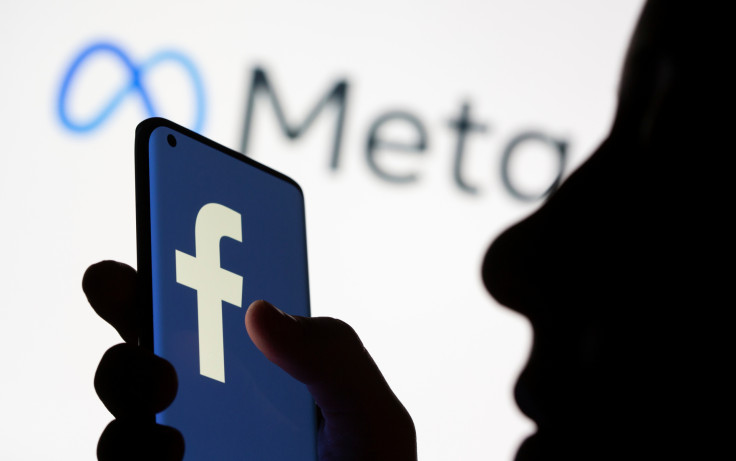Study finds no evidence that Facebook is linked to psychological harm
In the largest scientific study ever conducted, Oxford researchers have found no evidence that points to Facebook being linked to worldwide psychological harm.

For the past decade, there has been a popular, heated and controversial debate over social media, specifically regarding the negative or positive psychological impacts of various online platforms.
If you browse the Internet, you will find countless polls, surveys and academic studies scattered across online forums, commonly examining the psychological effects, particularly in adolescents and young adults, of using social media in excess.
Whilst the majority of these studies suggest that excessive use of social media is a hindrance to mental health, there are some studies that indicate otherwise.
One of the most notable and used social media platforms in the world is Facebook, which, as current reports show, has now gathered approximately three billion users worldwide.
If nearly half of the world's population is on Facebook, then surely it can't be harmful, right?
Well, in the largest scientific study ever conducted, Oxford researchers have found absolutely no evidence to suggest that Facebook is linked to widespread psychological harm.
Published by the Royal Society on August 9th, the study rested upon the well-being data from nearly one million people across 72 different countries over a 12-year span, according to data collected from millions of Facebook users all over the world.
This monumental research was led by Professor Andrew Przybylski and Professor Matti Vuorre from the Oxford Internet Institute.
Professor Przybylski said: "We examined the best available data carefully and found they did not support the idea that Facebook membership is related to harm – quite the opposite."
"In fact, our analysis indicates Facebook is possibly related to positive well-being," he continued.
Whilst working through a colossal amount of information, the Oxford team claimed to find no evidence to support popular misconceptions that Facebook is damaging to people's mental health.
However, Przybylski further stated: "This is not to say this is evidence that Facebook is good for users' well-being. Rather, the best global data does not support the idea that the expansion of social media has a negative global association with well-being across nations and different demographics."
Although Facebook was involved in the research only to provide data, the social media giant did not commission nor fund the study.
That being said, researchers from Facebook did help to ensure that the data was accurate.
The Oxford research project started long before the COVID-19 pandemic, with the team working for more than two years to secure the data from Facebook.
Researchers combined well-being data from Gallup, an analytics company, which covered nearly one million people from 2008 to 2019, with the Facebook data relating to global platform engagement.
Undoubtedly, Przybylski believes that this was "a monumental ask for the Facebook data scientist".
After finding no evidence for negative associations between Facebook and well-being indicators, the researchers also investigated differences relating to age and gender.
This analysis showed that the association was slightly more positive for males than females across all well-being measures. However, these trends proved to be far from significant.
Furthermore, the association between using Facebook and well-being indicators was generally much more positive for younger individuals across various countries – these effects, on the other hand, were small but significant.
This study aligns closely with previous research conducted by Oxford experts who wish to explore the link between digital technology and mental health.
In addition, Dr Vuorre stated: "Our findings should help guide the debate surrounding social media towards more empirical research foundations."
"We need more transparent collaborative research between independent scientists and the technology industry to better determine how, when and why modern online platforms might be affecting their users," Dr Vuorre concluded.
© Copyright IBTimes 2025. All rights reserved.






















